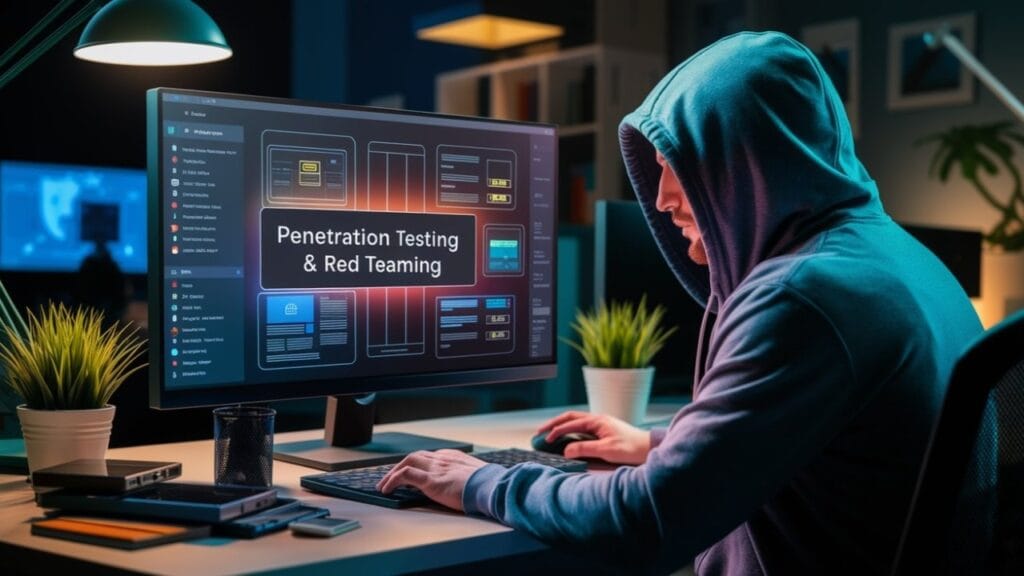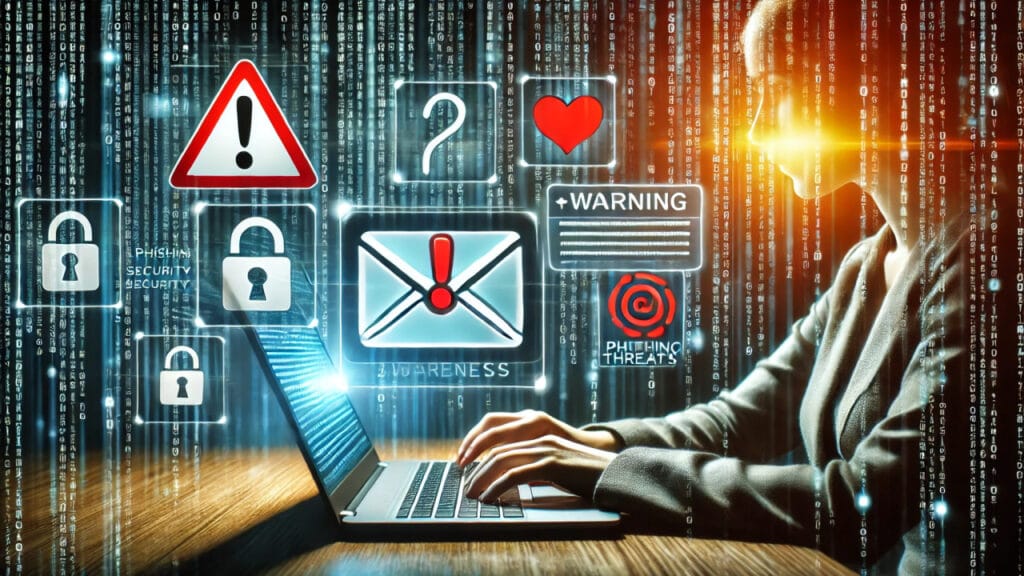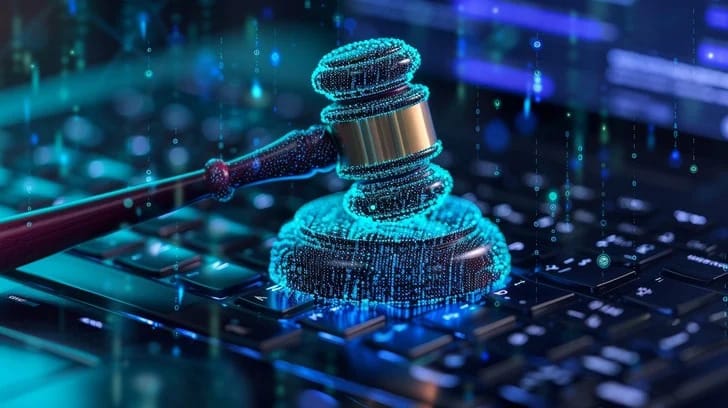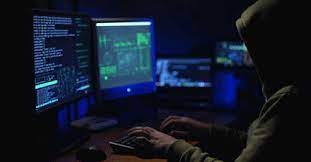The role of a Cyber Security Specialist is more important than ever. These professionals protect against rapidly evolving cyber threats such as phishing, fraud, and attacks targeting sensitive data and digital infrastructure across industries. Cyber security experts safeguard systems, detect vulnerabilities, and respond to incidents, ensuring the integrity of everything from financial transactions to national security. This article explores the role, essential skills, work environment, challenges, opportunities, and steps to become a cyber security expert. Many of these opportunities include Part time jobs, offering flexible career options in this dynamic and critical field.

Role as a cyber security expert
Cyber security experts are the patron saint of the digital world. Their main responsibility is to protect the IT infrastructure of an organization, including networks, servers, applications and data, cyber threats.
The role is diverse, which includes many main features:
Threatening detection and surveillance
Experts use tools such as Intrusion Detection Systems (IDS) and Security Information and Event Management (SIEM) platforms to monitor networks for suspicious activity. They analyze logs and alerts to detect potential threats like malware or unauthorized access attempts. These roles are increasingly available as part time jobs and are considered high-demand target jobs in today’s cybersecurity landscape.
Vulnerable management
They make regular reviews to identify the weaknesses of the system, such as old software or incorrect server. Tools like Nesus or Qualis help them scan them for weaknesses and recommend updates or updates.
Accident response
When a fracture occurs, cyber security experts act quickly to reduce and reduce injuries. They examine the source of the attack, assess the effect and restore the system for normal operation, often work under acute pressure.
Security policy development
Experts create and enforce security policies, including password protocols, encryption standards, and access controls. They ensure compliance with regulations such as GDPR, HIPAA, or the Information Technology Act, 2000 (in India). Many organizations now offer these roles as part time jobs, providing flexibility while maintaining robust cybersecurity standards.
Ethical hacking
Some experts perform penetration tests and mimic cyber attacks to identify weaknesses before utilizing malicious hackers. This active approach strengthens the rescue of an outfit.

Essential skills
To become a specialist for cyber security requires a mix of technical expertise, analytical thinking and soft skills. Here is a wide form:
Technical Skills
- Network: Understanding protocols such as TCP/IP, DNS and firewall is needed to ensure network infrastructure.
- Safety equipment: Competence is important in devices such as Wireshark, Splunk, Metasploit and Siem platforms (eg splink, quadar).
- Programming: Knowledge of Python, Bash or Powershel helps to automate tasks and analyze dangers.
- Cryptography: Encryption techniques such as AES or RSA ensure secure data transfer.
- Cloud Security: With organizations that use cloud platforms such as AWS, Azure and Google Cloud, experts require skills to secure the shooting environment.
Analytical skills
- Fare analysis: Experts need to explain complex data to identify patterns and predict potential dangers.
- Problem solving: Quick thinking is important when responding to events or removing weaknesses.
Soft Skills
- Communication: Interpreting technical risks for officers as non-technical stakeholders, such as officers, is an important part of the role.
- Attention to Detail: Missing a single anomaly in logs could lead to a breach, so precision is vital.
- Adaptability: Cyber threats develop daily, which requires experts to be updated on new attack vectors and tools.
Certifications
Certificates validate competence and are often required by employers. Popular people include:
- Comptia Security+
- Certified moral hacker (CEH)
- Certified Information System Security Professional (CISP)
- Aggressive Security Certified Professional (OSCP)
- AWS -certified security – specialty

Work Environment
Cyber Security Specialists work in diverse settings, from corporate offices to government agencies and consulting firms. Many operate in Security Operations Centers (SOCs), where teams monitor threats 24/7. The environment is fast-paced, with advanced technology like AI-driven threat detection systems and multi-monitor setups.

Remote and hybrid work
In 2025, many experts work remotely or in a hybrid setup, using secure VPNs and collaboration tools like Microsoft Teams or Slack. However, sensitive roles—especially in government or finance—may still require on-site presence to maintain high security standards. These flexible arrangements have led to an increase in part time jobs within the cybersecurity field, offering professionals more adaptable work options.
Team mobility
Experts often work in teams, collaborate with network administrators, developers and match managers. They participate in the event response, share an intelligence about danger and contribute to the culture of vigilance and continuous improvement.
Cyber Security Challenges
The role of a cyber security expert is rewarded, but demanding. Major challenges include:
Developed threats
Cyber criminals are increasingly using AI, deepfakes, and zero-day exploits, pushing experts to stay ahead of these advanced threats. For instance, ransomware attacks rose by 20% globally from 2023 to 2024, according to industry reports. This surge in cyber threats has also led to a growing demand for part time jobs in cybersecurity, allowing skilled professionals to contribute flexibly while addressing critical security challenges.
High pressure
A simple break can cost millions or compromise national security. Experts often work under acute pressure, especially during the reaction of the incident.
For a long time
Cyber security is a 24/7 area. Experts can work around nights or weekends, especially in soc or during major events, leading to potential burnout.
Regulatory compliance
Navigation of complex rules such as GDPR or India’s It Act, 2000 adds complexity. Non-transport can lead to heavy fines or legal consequences.

Opportunity in cyber security
Despite the challenges, the region offers important opportunities:
High demand
U.S. The Bureau of Labor Statistics recorded an increase of 32% in cyber security jobs through 2032, which is much above average for other businesses. Global demand is just as strong, driven by digital changes.
Competitive pay
In 2025, cyber security expert U.S. India has an annual 8-20 lakhs on the basis of wage experience.
Career progression
Experts can continue in roles such as Chief Information Safety Officer (CISO), security advisor or threats intelligence analysts. Many infections in freelance consultation or moral hacking.
Global impact
Cyber security experts protect important systems against the health care system of economic networks, which have a concrete difference in society.
New trends
- AI in cyber security: AI equipment detects deviations and automates reactions, but experts should fight AI-powered attacks.
- Zero Trust Architecture: This security model, which emphasizes continuous verification, is widely adopted.
- Quantum Safety: With quantum computer machines on the horizon, experts search for cryptography for quantity.

The Role of the Information Technology Act, 2000
In India, the Information Technology Act, 2000, shapes cybersecurity practices. It addresses cybercrimes, data protection, and intermediary liabilities, providing a legal framework for secure digital transactions. Amendments, like those in 2008, strengthened penalties for cyber offenses. However, challenges like outdated provisions and enforcement gaps persist, requiring specialists to stay informed about compliance.

Day-to-Day Life
A typical day for a Cyber Security Specialist varies by role. A SOC analyst might start by reviewing overnight alerts, prioritizing high-risk threats. They analyze logs, update firewalls, and collaborate with teams to patch vulnerabilities. A penetration tester plans and executes simulated attacks, documenting findings for stakeholders. Most specialists attend meetings, share threat intelligence, and stay updated via platforms like X or industry reports.

How to become cyber security expert
Preparation and dedication requires entering the area:
- Education: A degree in computer science, cyber security, or it is common, but bootcamps and self -study are viable. Platforms such as Coursra or Tryhackme provide practical training.
- Certificate: Start with Comptia Security+ or CEH, then persecute advanced credentials such as CISSP or OSCP.
- Hands-on Experience: Practice in Virtual Labs like Hack The Box or Attacks Home Labs to simulate the attacks and defense.
- Network: Join local communities at X, LinkedIn or Cyber Space Forum. Attend conferences such as Defcon or Black Hat.
- Portfolio: Perform skills through projects, such as a Github Depot with script or a blog documenting penetration test.

Conclusion
The role of a Cyber Security Specialist is more important than ever. These professionals protect against rapidly evolving cyber threats such as phishing, fraud, and attacks targeting sensitive data and digital infrastructure across industries. Cyber security experts safeguard systems, detect vulnerabilities, and respond to incidents, ensuring the integrity of everything from financial transactions to national security. This article explores the role, essential skills, work environment, challenges, opportunities, and steps to become a cyber security expert. Many of these opportunities include part time jobs, offering flexible career options in this dynamic and critical field.





